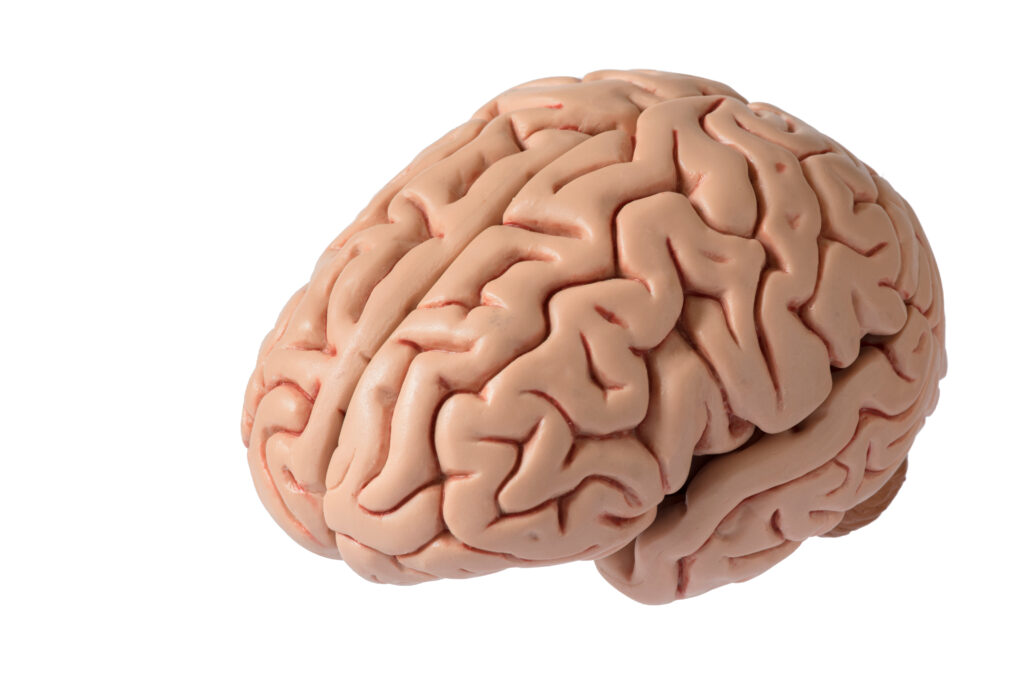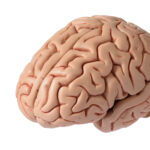**Can Vitamin B12 Deficiency Cause Memory Loss?**
Vitamin B12 is a crucial nutrient that our bodies need to function properly. It helps make red blood cells, which carry oxygen to all parts of the body, and also supports the health of our nervous system. However, if we don’t get enough vitamin B12, it can lead to a variety of health problems, including memory loss.
### What is Vitamin B12 Deficiency?
Vitamin B12 deficiency occurs when the body doesn’t have enough of this essential vitamin. This can happen for several reasons, such as:
– **Poor Diet**: People who follow a vegetarian or vegan diet may not get enough vitamin B12 from their food.
– **Medications**: Certain medications like proton pump inhibitors (PPIs) and metformin can interfere with the absorption of vitamin B12.
– **Medical Conditions**: Conditions like pernicious anemia, Crohn’s disease, and celiac disease can affect the body’s ability to absorb vitamin B12.
– **Age**: As we get older, our bodies produce fewer digestive enzymes, making it harder to absorb nutrients like vitamin B12.
### Symptoms of Vitamin B12 Deficiency
The symptoms of vitamin B12 deficiency can vary from mild to severe and may include:
– **Fatigue and Weakness**: Feeling tired and weak all the time.
– **Numbness and Tingling**: Sensations of numbness or tingling in the hands and feet.
– **Memory Loss**: Difficulty remembering things or concentrating.
– **Mood Changes**: Irritability, depression, and anxiety.
– **Digestive Issues**: Sore tongue, mouth ulcers, and gastrointestinal problems.
– **Neurological Problems**: Muscle weakness, blurred vision, and changes in reflexes.
### How Does Vitamin B12 Affect Memory?
Vitamin B12 plays a significant role in the production of neurotransmitters, which are chemicals that help our brains function properly. When we don’t have enough vitamin B12, our brains may not work as well, leading to memory problems. Here are some ways vitamin B12 deficiency can affect memory:
1. **Neurotransmitter Production**: Vitamin B12 is necessary for the production of methionine, a compound that helps convert homocysteine into methionine. High levels of homocysteine have been linked to cognitive decline and dementia.
2. **Brain Cell Health**: Vitamin B12 helps maintain the health of brain cells. Without it, these cells may not function properly, leading to memory issues.
3. **Cognitive Decline**: Studies have shown that low levels of vitamin B12 are associated with cognitive decline and an increased risk of dementia.
### Can Vitamin B12 Deficiency Cause Permanent Memory Loss?
While vitamin B12 deficiency can lead to significant memory problems, the good news is that these issues are often reversible with proper treatment. If left untreated, however, some of the changes can become permanent. Prompt diagnosis and treatment are crucial to reversing the effects of vitamin B12 deficiency.
### How to Prevent Vitamin B12 Deficiency
To prevent vitamin B12 deficiency, you can:
– **Eat Foods Rich in Vitamin B12**: Include foods like red meat, fish, shellfish, eggs, poultry, milk, and dairy products in your diet.
– **Take Supplements**: If you’re not getting enough vitamin B12 from your diet, consider taking supplements.
– **Consult Your Doctor**: If you suspect you have a vitamin B12 deficiency, consult your doctor for proper diagnosis and treatment.
In summary, vitamin B12 deficiency can indeed cause memory loss due to its role in neurotransmitter production and brain cell health. However, with proper treatment, many of these issues can be reversed. It’s essential to be aware of the symptoms and take steps to prevent deficiency.


